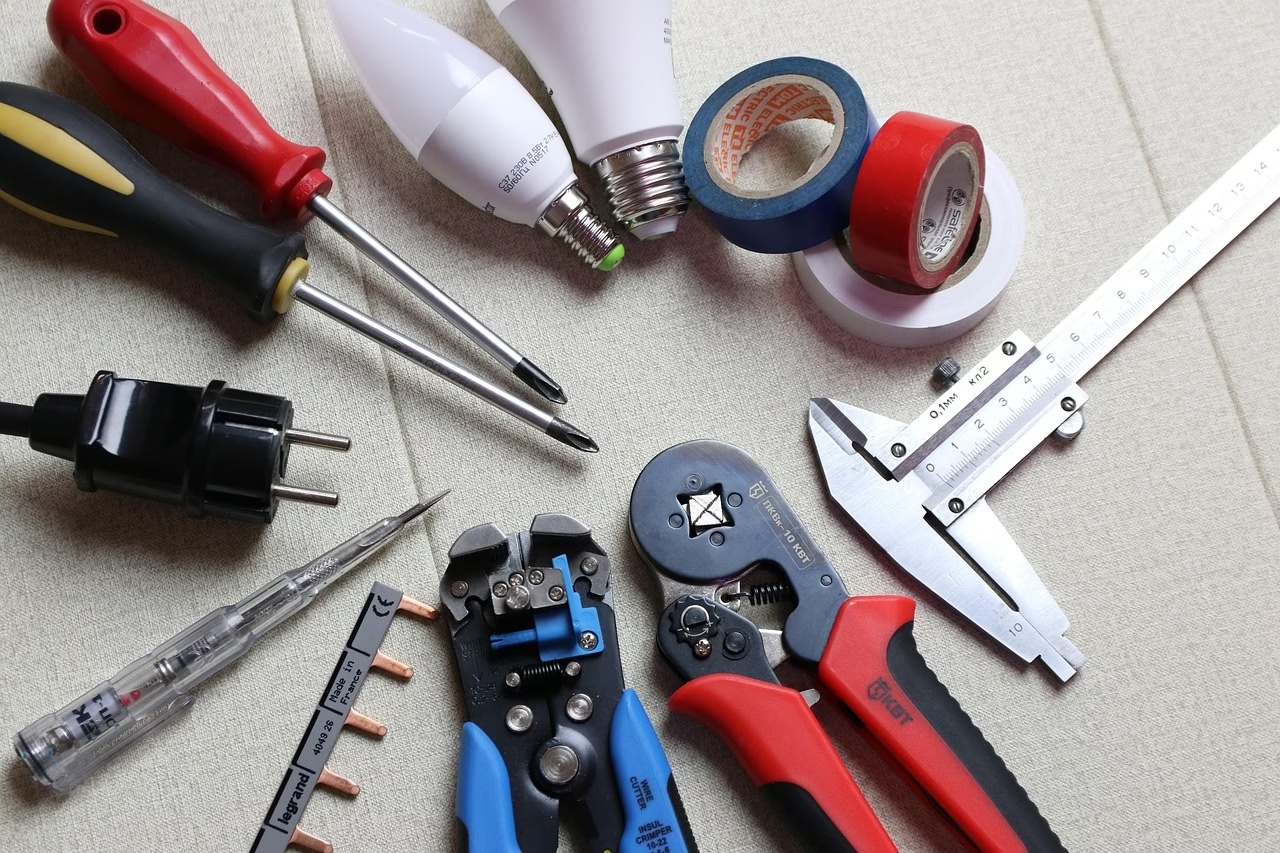“The Crucial Role Emotions Play in Productivity”
August 13, 2025 | by Ethan Rhodes

The Crucial Role Emotions Play in Productivity
Let’s get real for a second: productivity isn’t just about crossing tasks off your to-do list or cranking out hours of work. It’s deeply personal and profoundly emotional. Emotions are not the enemy of getting things done—they are the engine driving how, when, and how well we work.
Over the years coaching professionals on optimizing their days, one truth has stood out like a beacon: your emotional state directly shapes your ability to focus, create, and perform. Understanding how your feelings impact your work is the secret weapon for productivity that most people overlook.
Why We Usually Ignore Emotions at Work
There’s this weird myth floating around that emotions are distractions. “Stay cool,” they say. “Don’t let feelings interfere.” But here’s the thing—emotions aren’t optional background noise we can silence; they’re wired into our brain’s architecture. When you shove them aside or ignore them, you’re basically trying to drive a car with one hand tied behind your back.
Think about the last time you felt frustrated or anxious while working. Did your energy feel drained? Did the quality of your work slide? On the flip side, when you’re excited or genuinely interested in something, have you noticed how time just flies and ideas flow like a river?
The Emotional Productivity Cycle
Emotions can act both as fuel and as brakes. Here’s how they play out in our daily work cycle:
- Positive emotions open up your mind, making you more creative and engaged.
- Negative emotions can narrow your focus and sometimes help by pushing you to solve urgent problems quickly—but chronic negative feelings become a productivity killer.
- Emotional awareness
How to Harness Emotions for Better Productivity
Here’s where things get actionable. You can’t always control what emotions show up during your workday, but you can control how you respond to them.
“You don’t have to be at the mercy of your emotions. You can use them as signals, as guides, and as fuel.”
1. Name it to tame it. When you notice a feeling bubbling up—be it irritation, excitement, or doubt—pause and label it. Literally say to yourself, “I am feeling anxious.” This simple act of recognition slows down your brain’s emotional hijacking and gives you back control.
2. Use positive emotion triggers. Create micro-habits that boost good feelings. It could be a quick gratitude jot-down, a song that pumps you up before a deep-focus block, or a stretch that wakes your body and mind. These set the tone for productive energy.
3. Break big tasks with emotional checkpoints. When facing a daunting project, schedule mini breaks to check in with yourself. Ask: How am I feeling about this? If frustration’s creeping in, pivot your approach. If excitement’s fading, remind yourself why this matters.
4. Create safe emotional space. When possible, design your environment to allow emotional expression. Whether that means venting to a colleague, journaling thoughts, or simply stepping outside for a breath of fresh air, acknowledge emotions instead of stifling them. This releases buildup and clears mental clutter.
The Emotional Cost of Ignoring Feelings
Working as a robot may sound efficient, but ignoring your emotions leads to burnout, procrastination, indecision, and often a permanent decline in creativity. When emotions pile up silently, your brain spends its energy managing the emotional mess instead of focusing on tasks.
Productivity isn’t just about working harder—it’s about working smarter with your emotions as your ally, not your enemy.
Final Thought
Next time you sit down to work, don’t fight your feelings. Recognize them, ride their waves, and channel their energy. Your emotions are not just part of your day; they’re the compass guiding how effectively you use your time and energy. Getting productive isn’t about ignoring how you feel—it’s about mastering the powerful role your emotions play in everything you do.

RELATED POSTS
View all



